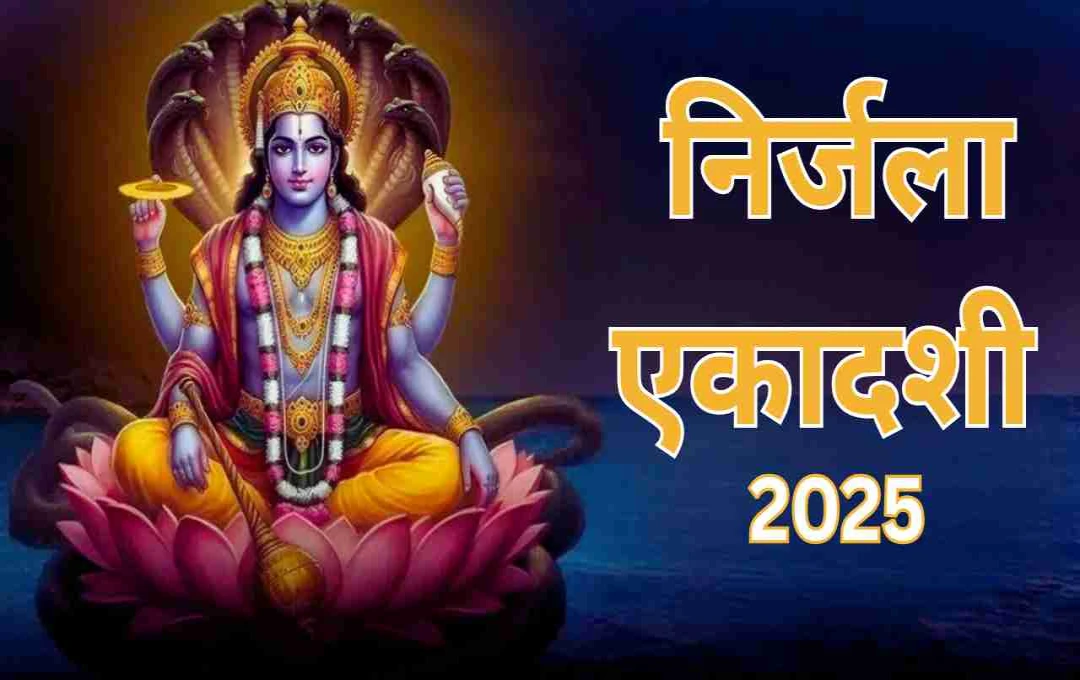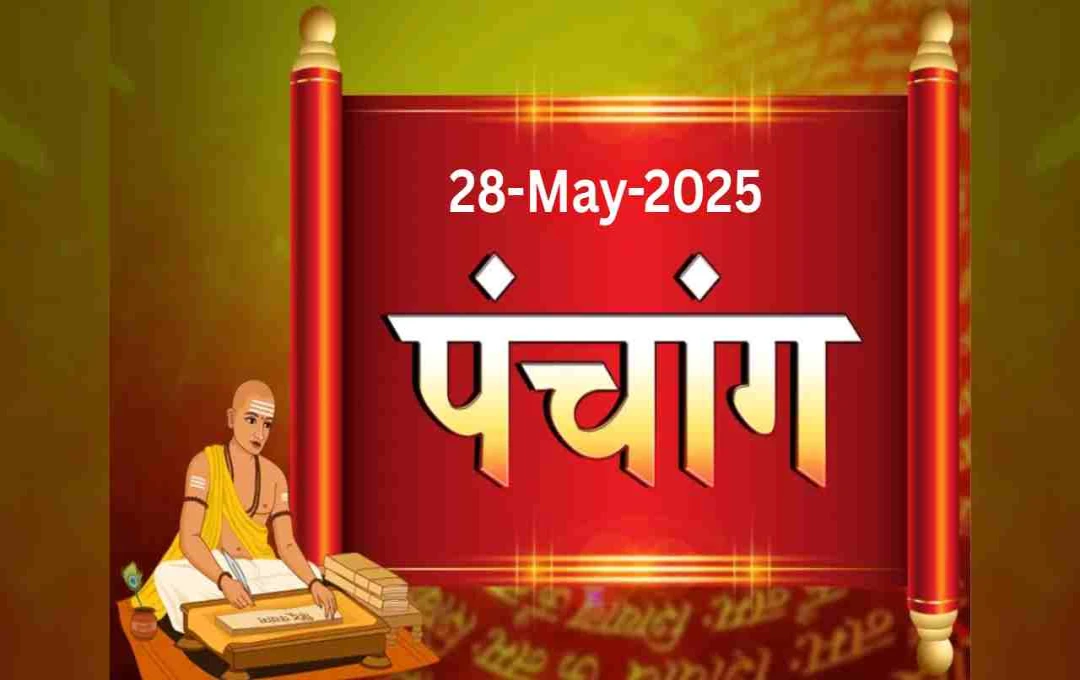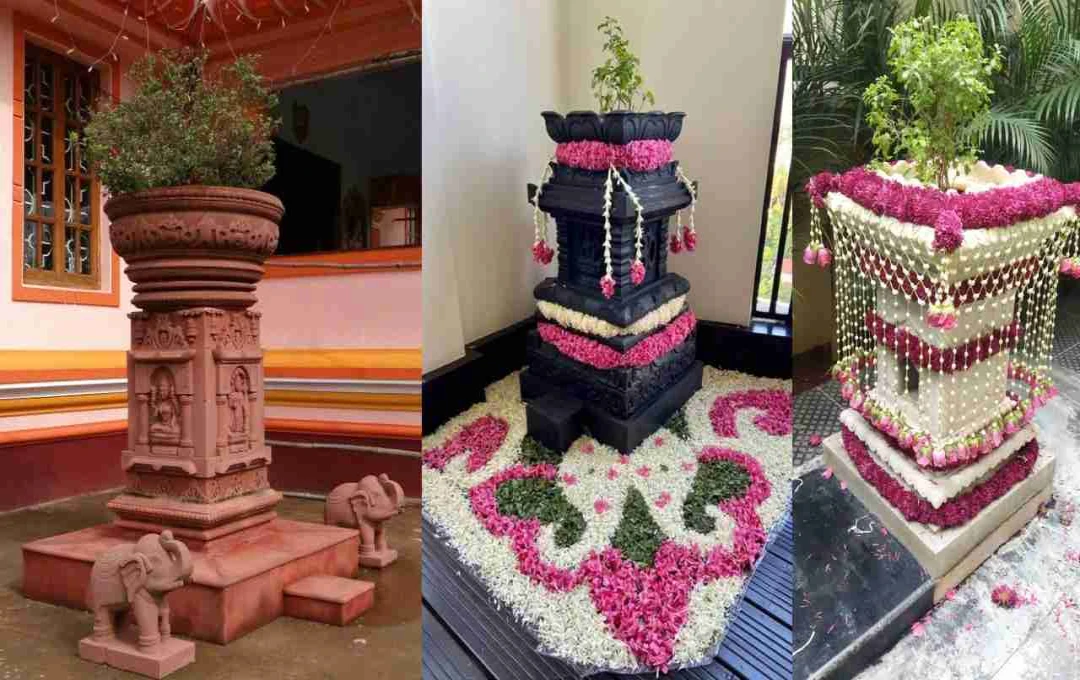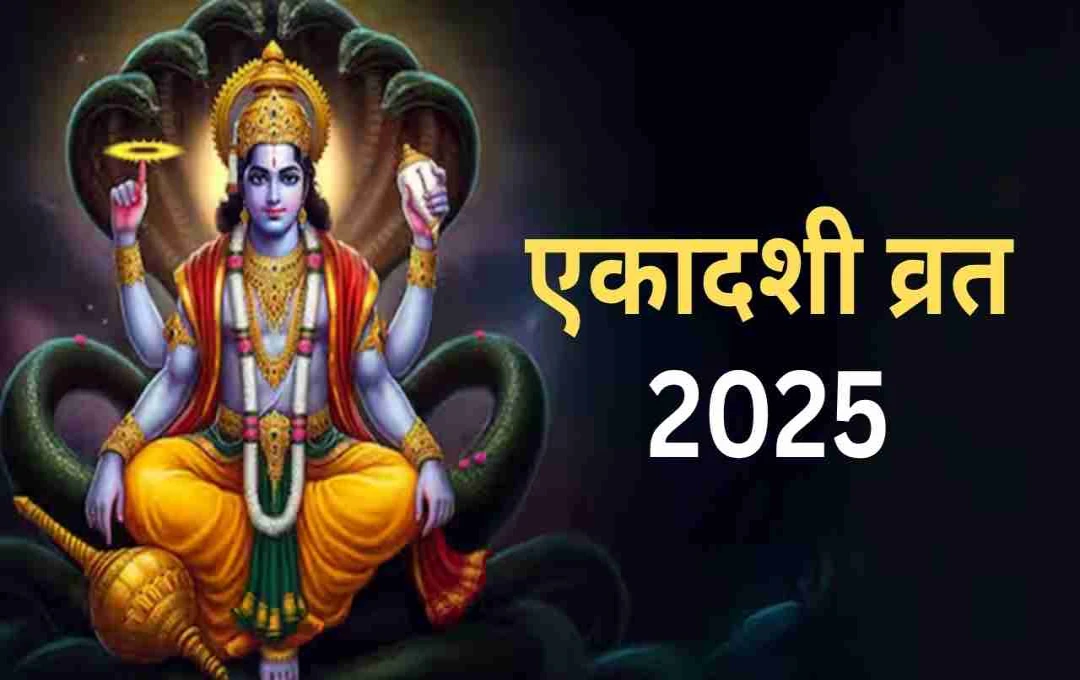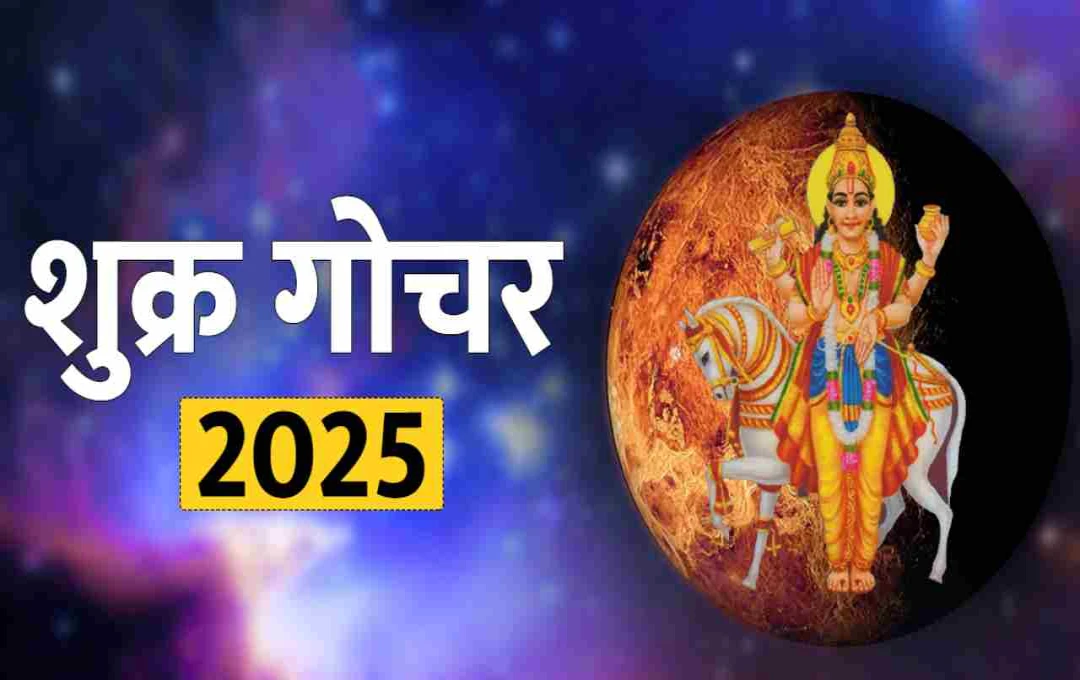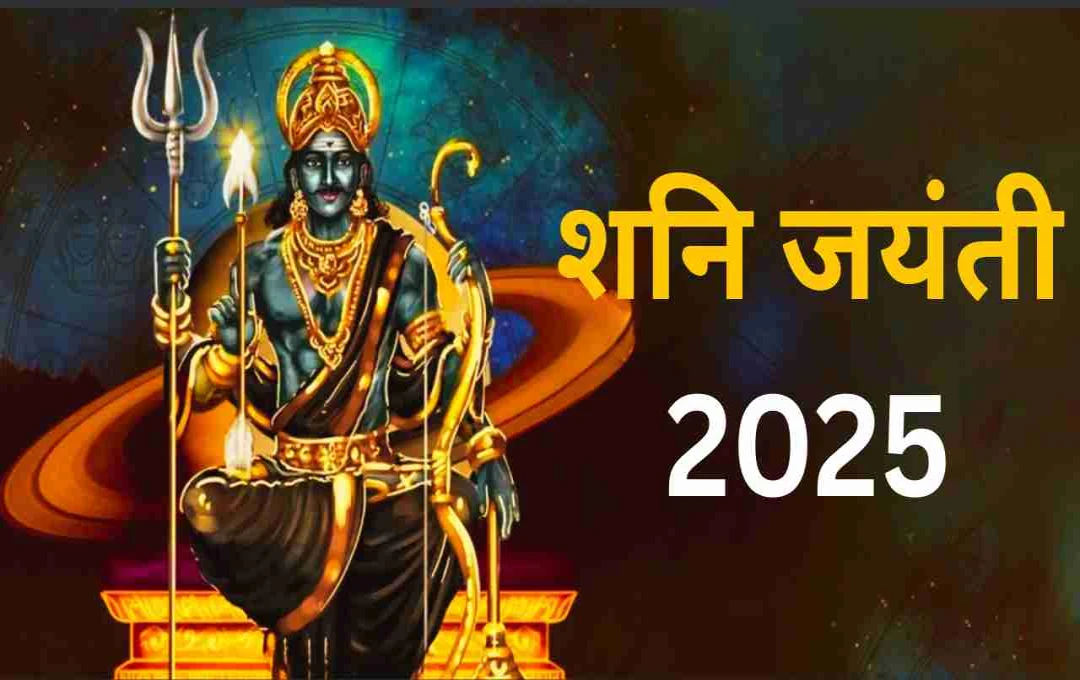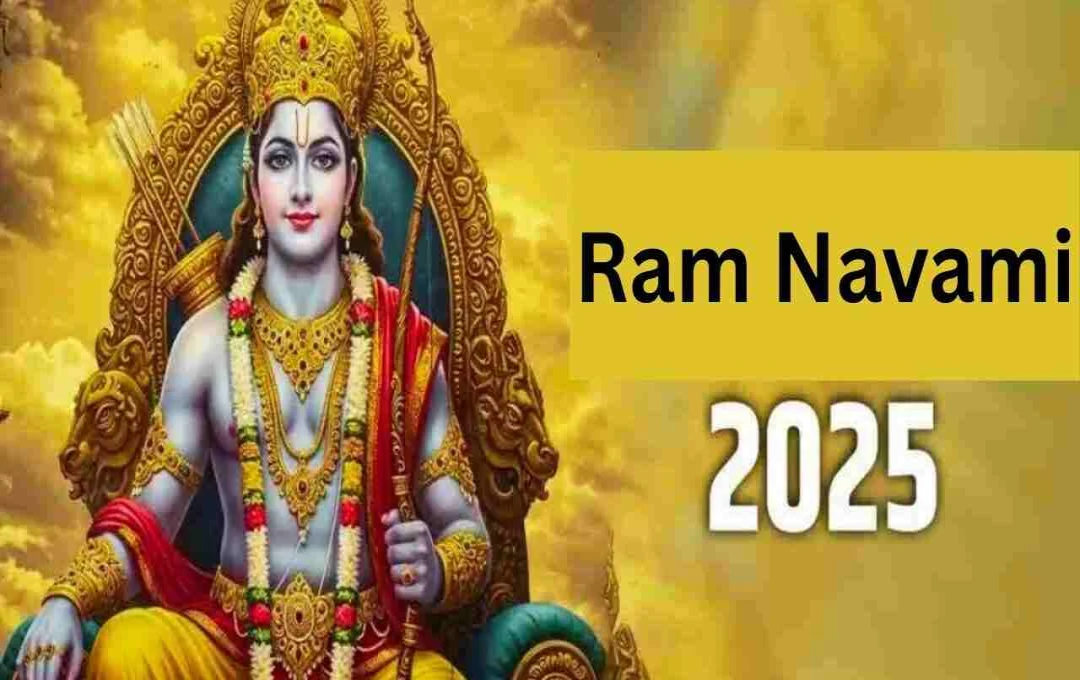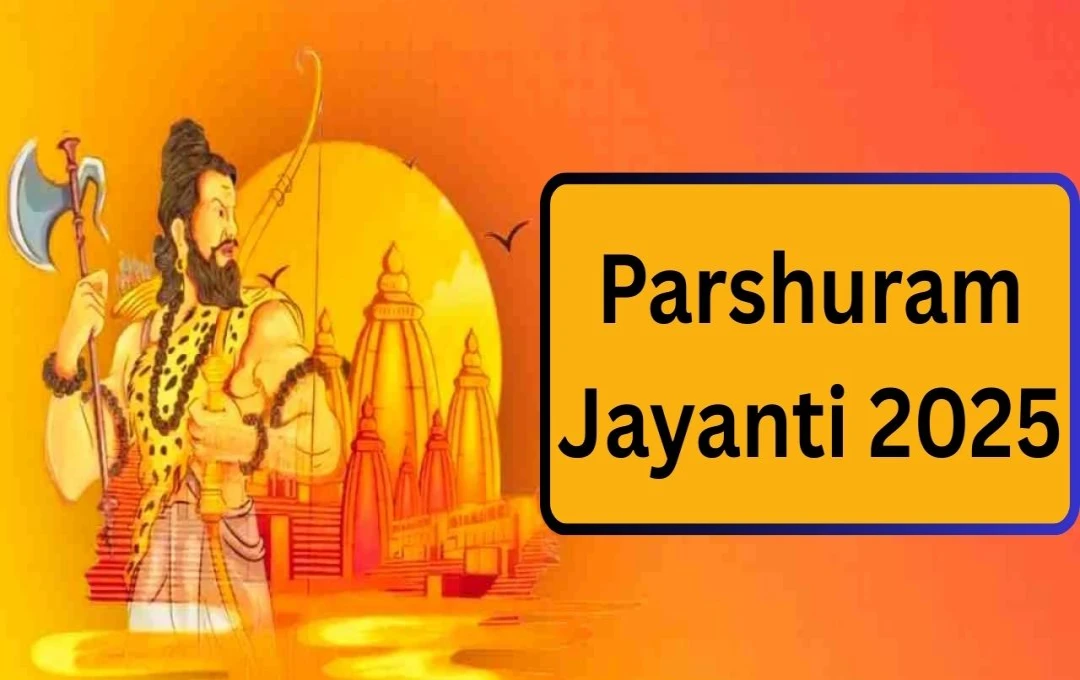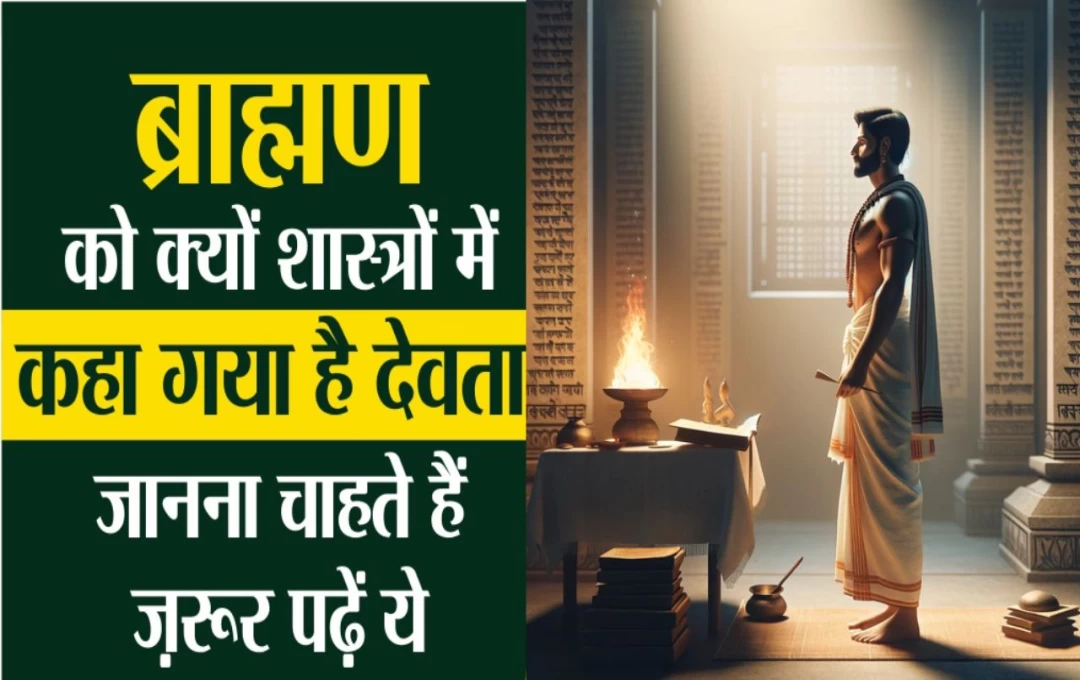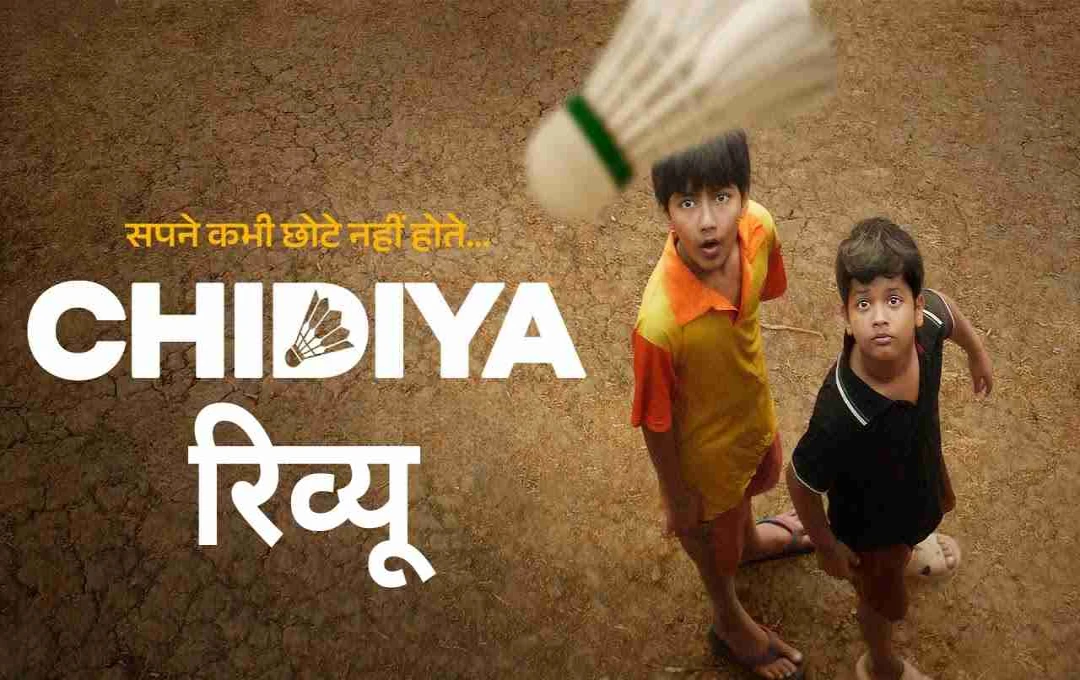In Sanātana Dharma, fasting (vrat-upavās) is considered the most powerful means of spiritual purification and devotion to God. A total of 24 Ekādaśīs are observed throughout the year, but the Ekādaśī that falls during the Shukla Paksha (bright fortnight) of Jyeṣṭha (May-June), known as Nirjala Ekādaśī, is considered particularly arduous and meritorious. This fast exemplifies penance, sacrifice, and self-control, as the observer abstains even from water, hence the name 'Nirjala' (waterless). It is regarded as a unique example of mental, physical, and spiritual discipline.
Nirjala Ekādaśī 2025: Vrat Tithi and Shubh Muhurat
According to the Vedic calendar, Nirjala Ekādaśī in 2025 will be observed on June 6th. The Tithi (auspicious time) begins at 2:15 AM on June 6th and ends at 4:47 AM on June 7th. Since the Ekādaśī Tithi commences on June 6th, the fast will also be observed on June 6th. On this day, the observer should wake up before sunrise, bathe, take a Sankalpa (resolve), begin the fast, and perform the puja (worship) of Lord Vishnu.
The Difficulty and Significance of the Fast
Nirjala Ekādaśī is considered the most challenging of all Ekādaśīs because it involves abstaining not only from food and fruits but also from water. This fast falls specifically in the month of Jyeṣṭha, when the heat is at its peak, making it a significant act of penance to endure without water. For this reason, it is also called Mahāvrata (great fast) or Mahāekādaśī (great Ekādaśī). It is not merely an exercise in physical hardship but a practice of controlling the mind, speech, and senses.
The importance of this fast extends far beyond mere fasting. It is a process of soul purification and dedication to God. For those who cannot observe all 24 Ekādaśīs throughout the year, the Nirjala Ekādaśī fast is considered particularly fruitful. It is believed that observing this fast with devotion and discipline bestows the merit of all the Ekādaśīs of the year. This is why it is considered a unique confluence of restraint, devotion, and faith.
The Mythological Story Connected to Bhima
According to mythological texts, the Nirjala Ekādaśī fast originated with Bhima, the valiant warrior of the Pāṇḍavas. Bhima, the best and most food-loving of the Pāṇḍavas, was unable to observe any Ekādaśī fast. He consumed large quantities of food daily, and abstaining from food during a fast was extremely difficult for him. However, seeing that his brothers—Yudhishthira, Arjuna, Nakula, and Sahadeva—regularly observed Ekādaśī fasts and received the grace of Lord Vishnu, he worried about being deprived of this merit.

He approached Maharshi Vyasa with his plight and sought a solution. Vyasa suggested that he perform a single fast—one that offers the merit equivalent to all the Ekādaśīs of the year. This was the Nirjala Ekādaśī fast, which involves abstaining not only from food and fruits but also from water. Vyasa said that if Bhima could conquer his craving for food for even one day and observe this fast with complete devotion, he would receive the fruits of all the Ekādaśīs of the year.
Bhima bravely undertook this fast and performed it with utmost sincerity. He observed this difficult fast without drinking water, receiving spiritual benefits and the special grace of Lord Vishnu. Since then, this fast has also come to be known as Bhimaseni Ekādaśī or Pāṇḍava Ekādaśī. This story continues to illustrate that with true resolve and faith, the impossible becomes possible.
Can One Drink Water on This Day?
The name Nirjala Ekādaśī itself clarifies that water is also not consumed on this day. However, exceptions are made under certain circumstances, such as:
- For Ācaman during worship: There is a tradition of performing Ācaman (ritual rinsing of the mouth) three times during worship, using a very small amount of water. This does not break the fast.
- In case of physical weakness or illness: If the observer is ill or feels extremely weak, religious scriptures permit the intake of a small amount of water. However, this will not be considered a complete fast.
- It is advisable to consume water before sunset: If the observer needs to drink water, they can do so before sunset during worship or offering Arghya (water offering).
How to Perform the Parana (Breaking of the Fast)?
The conclusion of the Nirjala Ekādaśī fast, or Parana, is performed on the Dwādashi Tithi (the day after Ekādaśī). On this day, after sunrise, when the auspicious time of Dwādashi arrives, the observer should break their fast. It is essential to keep certain things in mind while performing the Parana:
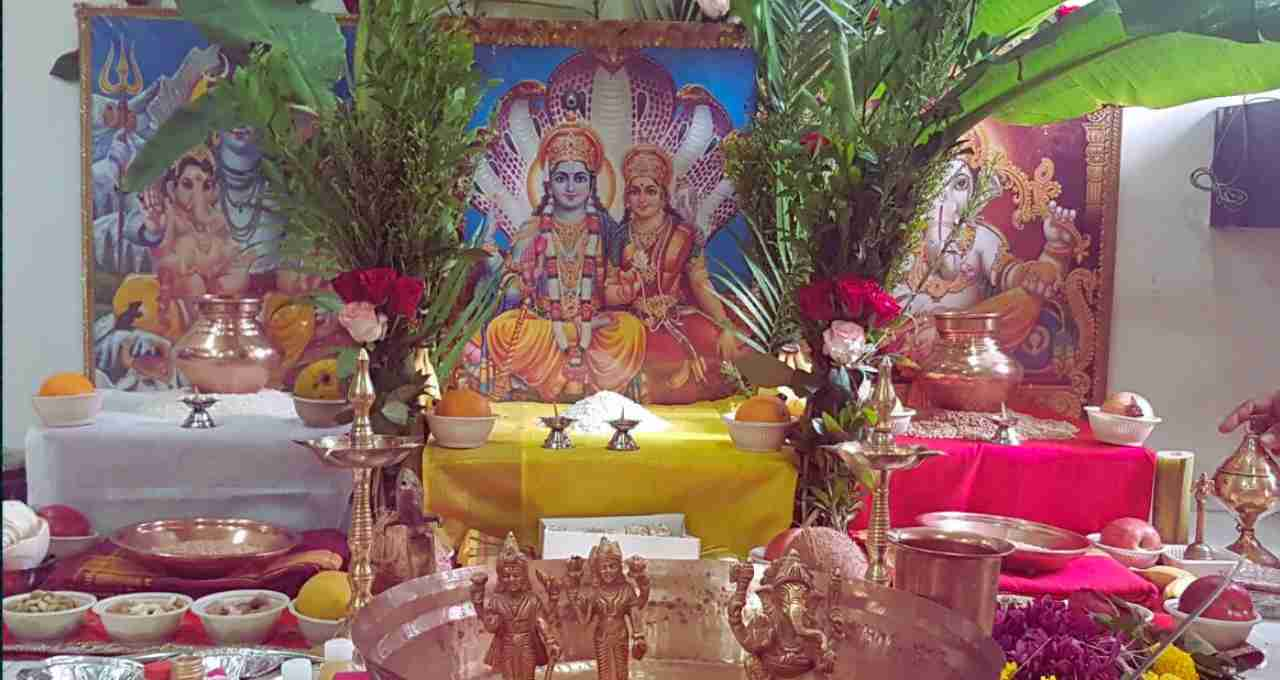
- Parana time: The correct time to break the fast is within the Dwādashi Tithi. If Dwādashi passes, the fast is considered incomplete. Therefore, break the fast only after checking the time.
- Donation to a Brahmin: Offering food, water, or some other donation to a Brahmin before Parana is considered auspicious. This increases the merit of the fast manifold.
- Light meal or fruit: While breaking the fast, the observer should first drink pure water, then consume fruits, milk, or a light fruit-based meal to conclude the fast. Consuming a very heavy meal can affect the body.
- Remember Lord Vishnu: Before breaking the fast, worship Lord Vishnu and thank him for giving the strength to complete this difficult penance.
Nirjala Ekādaśī Puja Vidhi (Worship Method)
Nirjala Ekādaśī is an important fast dedicated to Lord Vishnu, in which one fasts for the entire day without consuming water. Performing it ritually yields special benefits.
- Preparation for worship: On the day of Nirjala Ekādaśī, wake up early, take a clean bath, and wear clean clothes. Then clean the place of worship thoroughly and place the picture or idol of Lord Vishnu. Also keep ready flowers, a lamp, incense sticks, fruits, and prasad (offering) for the puja.
- Begin the puja: Begin the puja by chanting the mantra 'ॐ नमो भगवते वासुदेवाय'. Then apply turmeric, saffron, and tilak (forehead mark) to the picture or idol of Lord Vishnu. Then light the lamp, incense, and offer flowers.
- Observe the fast: Completely abstain from food and water on this day. Only a small amount of water can be consumed three times during the puja for Ācaman; this does not break the fast. If health deteriorates, drinking a little water is also acceptable.
- Ārati and prayer: In the evening, perform the Ārati of Lord Vishnu and thank him from the heart. At this time, pray to God for happiness, prosperity, and good health. Also vow to properly follow the rules of the fast.
- Breaking the fast: Break the Nirjala Ekādaśī fast the next day at sunrise or noon. First have a light meal and gradually drink water. Remember to thank God while breaking the fast.
Spiritual Significance of Nirjala Ekādaśī
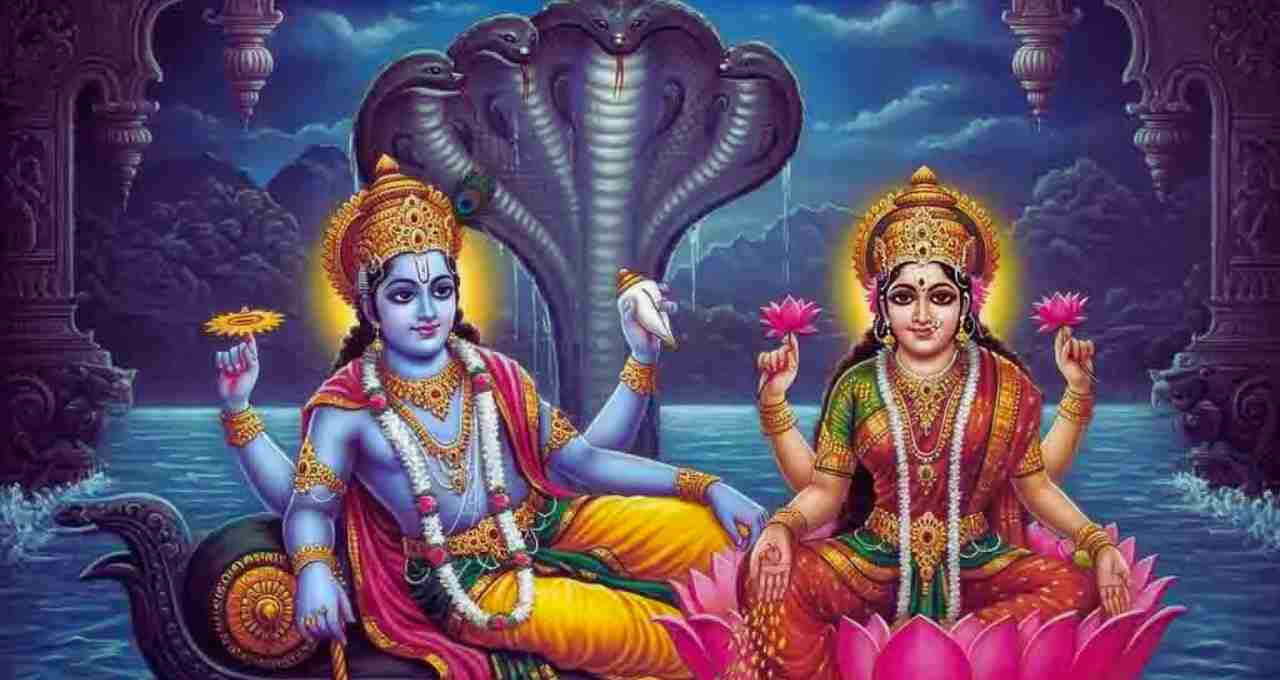
The Nirjala Ekādaśī fast is not just a religious tradition; it is also a method of spiritual awakening and self-discipline. During this fast, the body is disciplined to strengthen the soul. This fast teaches us how to control our senses, practicing complete devotion and surrender to God by foregoing the needs for food and water. This enables a person to rise above worldly attachments and progress towards spiritual advancement.
It is believed that observing the Nirjala Ekādaśī fast frees a person from sins and infuses positive energy into their life. It is also considered a source of inexhaustible merit. According to many religious beliefs, the proper observance of this fast leads to salvation (moksha) and a place in Lord Vishnu's Vaikuntha (heaven).
If you wish to assimilate the power of restraint, devotion, and penance, the Nirjala Ekādaśī fast can be a powerful means for you. This fast is extremely important not only religiously but also for spiritual purification. Those who cannot observe Ekādaśīs throughout the year can observe this single fast and gain the merit of the entire year. This is why it is considered the best Ekādaśī of the year.
